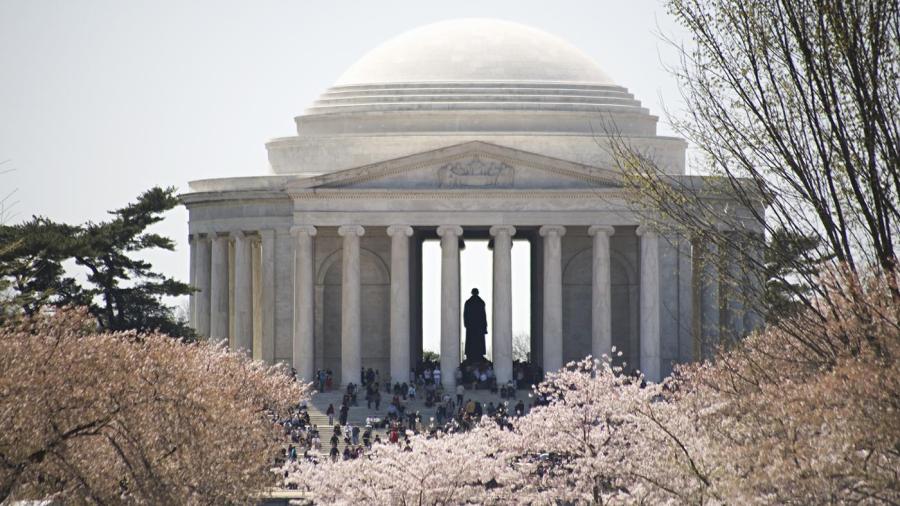What Was Thomas Jefferson’s Position on the Protective Tariff?

Thomas Jefferson’s position on the protective tariff was a negative one, though he accepted that it was necessary. Jefferson had at one time believed in free trade, but he came to understand that it would never work unless all nations agreed to it, states US History.
Jefferson believed that a strong central government would inevitably threaten individual liberties. He favored a simpler, agrarian society. Though the tariffs would encourage the growth of the city culture that Thomas despised, he realized that they were a necessary evil. Jefferson also realized that tariffs and taxes were the only ways to fix the nation’s debt. Though Jefferson favored the tariff, he did little to support it, and his Democratic-Republican party showed little interest in it, states The North Carolina History Project. Jefferson did foresee the consequences of the tariff, which supported the manufacturing and industrial economy, but his opinion was that a strong economy and self-sufficient nation were more important than his dream of an agrarian society. Though some of Jefferson’s supporters felt betrayed by his stand on the tariff, there was undoubtedly strong and logical reasoning behind his decision. Jefferson also settled on the tariff as a means to avoid direct taxation of citizens, states The Freeman.





